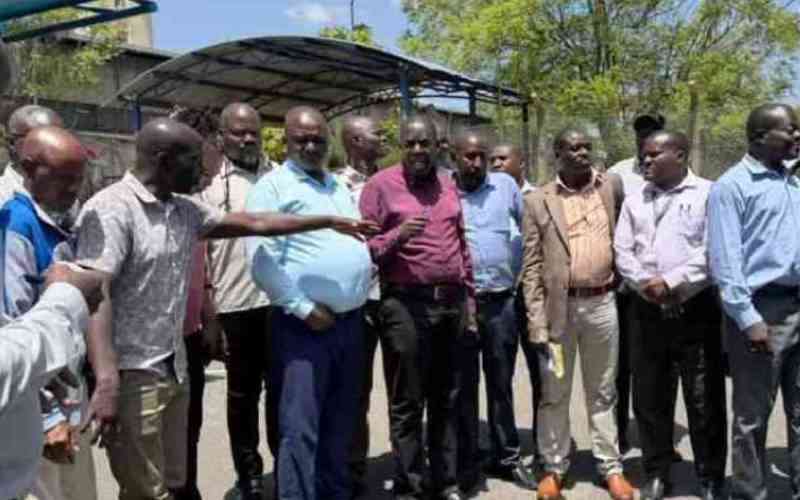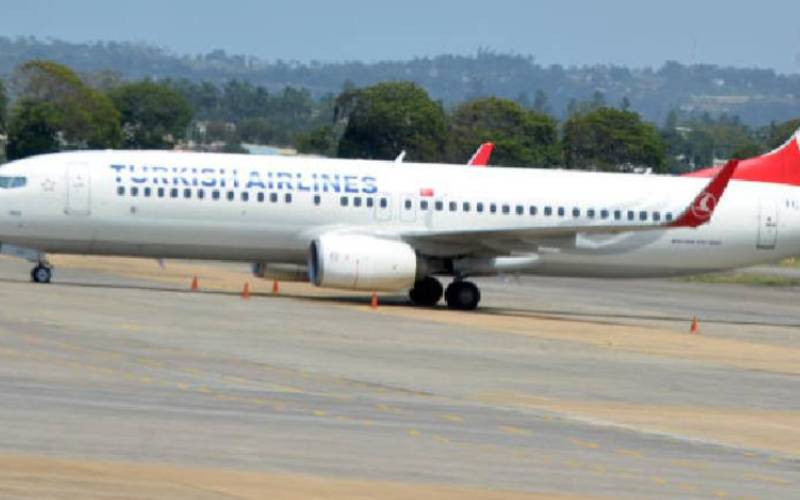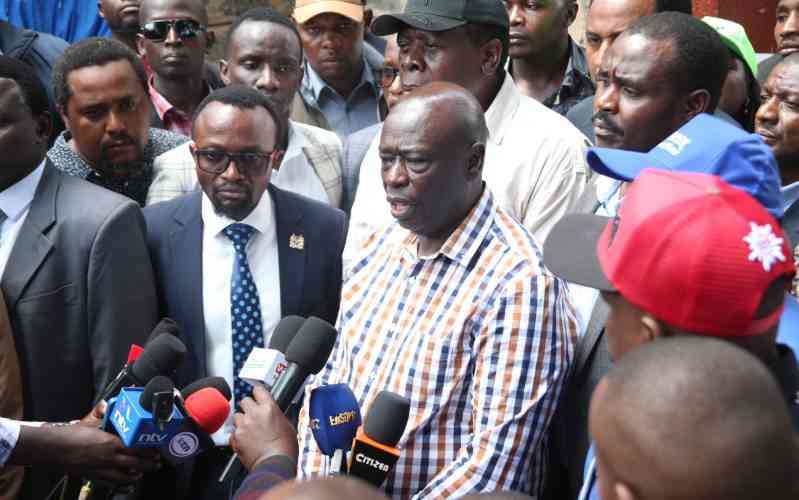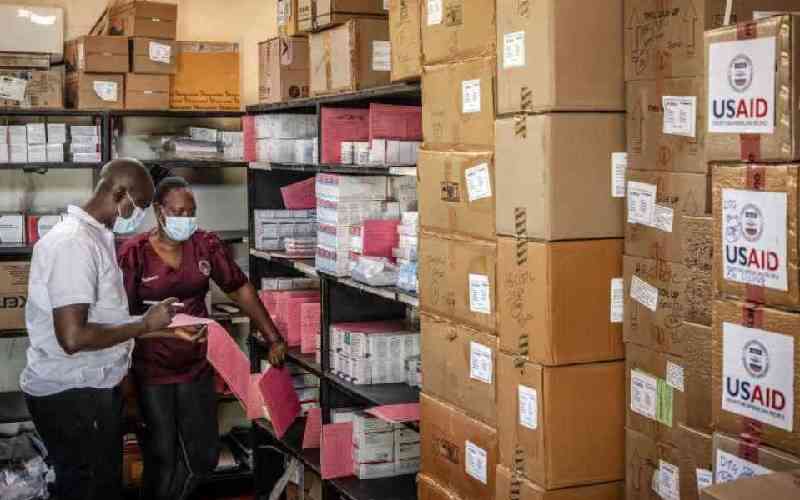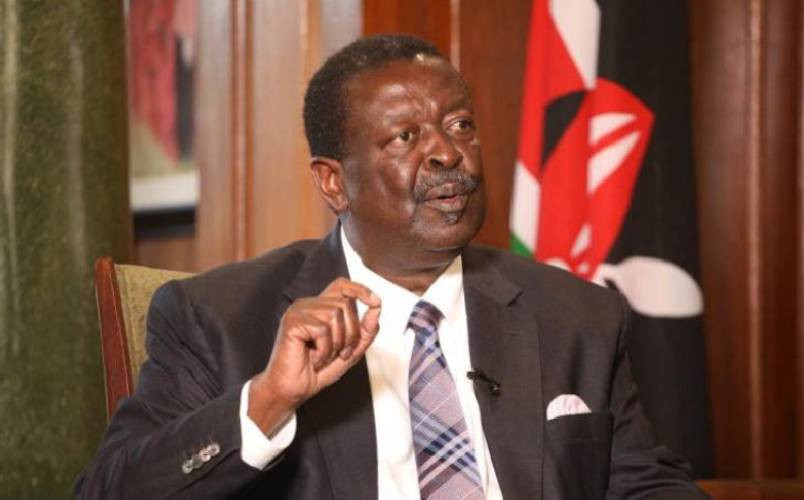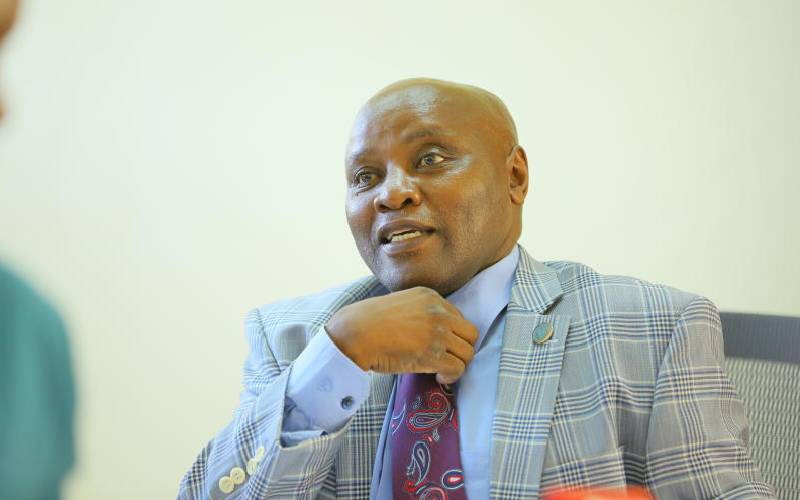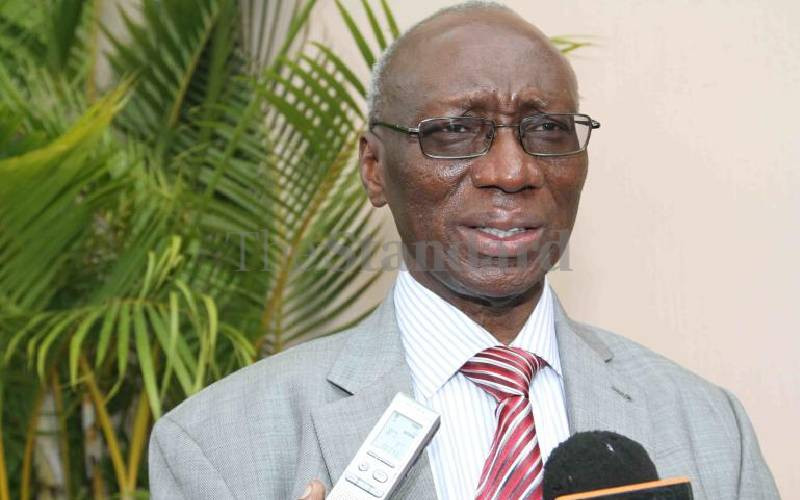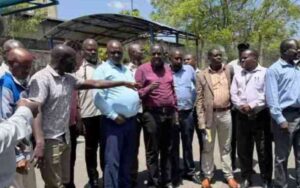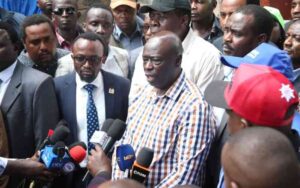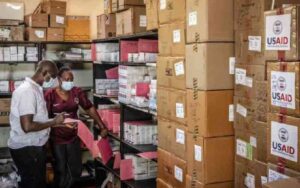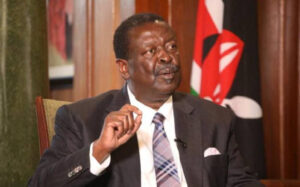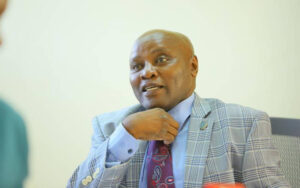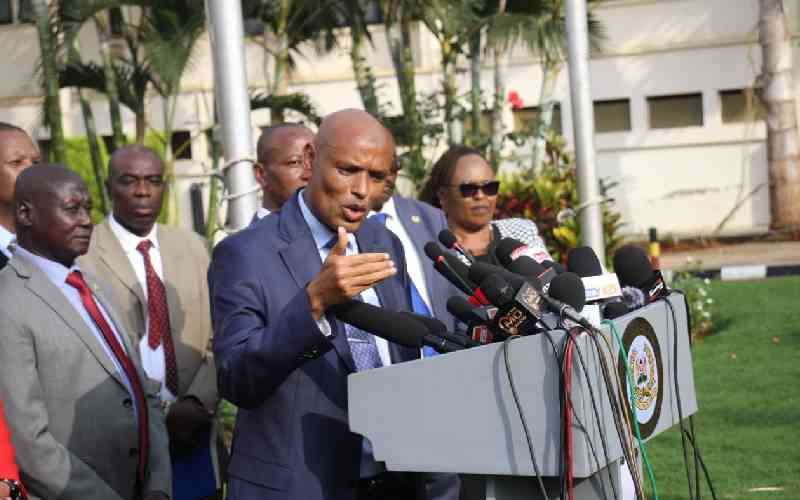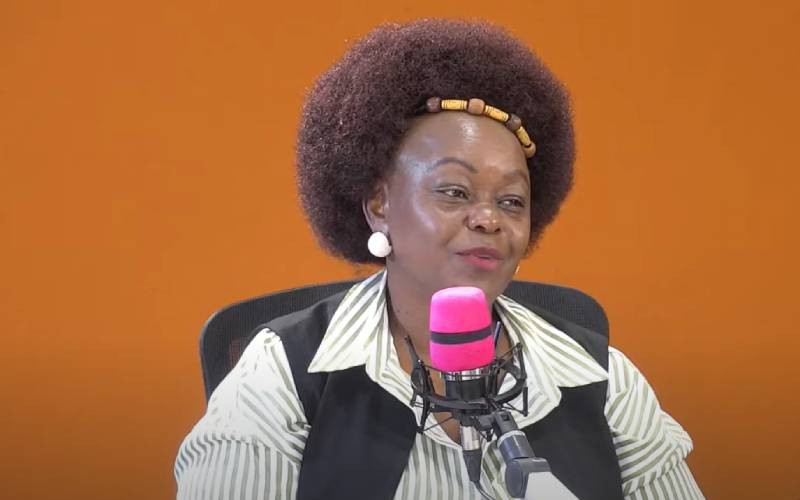A parliamentary committee wants nearly the entire energy sector investigated for pushing power costs to being the highest on the continent, which turned away investors and worsened Kenyans’ livelihoods.
After looking into the high cost of power in a process that dragged on for more than one and a half years, the National Assembly’s Departmental Committee on Energy has recommended that key sector players, including former Principal secretaries Patrick Nyoike and Joseph Njoroge, the Energy ministry, Kenya Power and nearly all independent power producers (IPPs) be investigated.
In a new report, the committee recommended the Ethics and Anti Corruption Commission (EACC) and the Directorate of Criminal Investigations (DCI) to probe Nyoike and Njoroge for the role they played in facilitating the signing of the power purchase agreement (PPA) between Kenya Power and the Lake Turkana Wind Power (LTWP).
A similar probe, the committee said, should be extended to other officials at the Energy ministry and Kenya Power who oversaw the signing of the PPA.
It also recommended special audits by the Auditor General on IPPs, which will look at the power plant set-up and operating costs and determine whether they are commensurate with the high costs they charge Kenyans for electricity.
Costly contracts
This is expected to force some of the costly power plants into a review of the costly contracts with Kenya Power. The MPs, in the committee chaired by Vincent Musyoka, have since March 2023 been looking into factors that contribute to the high cost of power in Kenya.
They have been criticised for taking too long in concluding the inquiry that was initially expected to take three months.
“The committee noted that the cost of power in the country is one of the highest in Africa and this accounts for the high cost of production which acts as a disincentive to investment, affecting Kenya’s competitiveness to attract investment,” says the committee’s report that was presented to Parliament last week.
“Within six months upon the adoption of this report… the EACC in cooperation with the DCI conducts investigations on possible conflicts of interest on the following persons; Mr Patrick Nyoike, who served as the then Permanent Secretary of Energy and Petroleum between 2003 and 2012… for being involved in the fast tracking of the PPA between Kenya Power and LTWP (through a letter dated May 25, 2009).” The report noted that Nyoike’s actions were despite concerns raised by the National Treasury that the project required further thought before implementation and confirmation of its cost effectiveness. The report also recommended that EACC and DCI probe Njoroge, who served as the Managing Director of Kenya Power from 2007 and 2014 and also as Principal Secretary of Energy and Petroleum between 2015 and 2021.
“As the managing director of Kenya Power, Njoroge was implicated in the approval of the LTWP PPA, which was signed before the company had obtained a licence to generate electric power,” said the committee in the report.
“The PPA was also executed without a proper legal risk assessment and was part of the Kenya Power board that ignored concerns raised by the World Bank… key among them being the take or pay obligation in the PPA that exposed KPLC to the unacceptable high financial risk of payment of curtailed energy.”
The committee held a public participation process and some of the key people who made submissions included Njoroge and Nyoike.
According to the report, Njoroge said he did not play any role in granting any exclusive right to LTWP to survey the area in Marsabit where it would later put up the wind farm, the largest in Africa. He said the project was processed as a privately initiated proposal under the Private Public Partnership (PPP) framework and that the Ministry of Energy had advised Kenya Power to initiate discussions with LTWP.
Stay informed. Subscribe to our newsletter
Njoroge, whose comments are captured in the report, added that his role was limited to coordinating the preparation of PPAs between Kenya Power and LTWP and forwarding them to EPRA for approval and that he did not influence the approval process.
Grid’s reliability
He also said the concerns that had been raised by the World Bank may not have been valid as the injection of LTWP’s 300MW into the grid did not have any negative impact on the grid’s reliability and stability.
LTWP has been hailed as among the key renewable energy projects in the region.
While its tariff is fairly low especially when compared to thermal power plants, it has been subject of controversy particularly after it levied a Sh23 billion penalty on the country in 2018 that was partly borne by the government while the balance was recovered over time from consumers through monthly power bills.
The penalty was after Kenya failed to have in place a power transmission line from Loyangalani in Marsabit to Suswa to evacuate power from the plant to the national grid as had been agreed when signing the PPA with Kenya Power. This meant that on completion, the power plant owners could not sell electricity to Kenya Power.
“Upon the adoption of this report, based on the findings… EACC and DCI conduct further investigation on the Ministry of Energy and Kenya Power officials at the time which LTWP was conceptualised to be held accountable for not ensuring the competitive process was followed in the identification and implementation of LTWP project,” said the report.
It said the officials should also be taken to task for not conducting an independent legal risk assessment before the project commenced as well exposing Kenyans to undue financial obligations that would arise from the Deemed Generated Energy.
If the report is adopted by Parliament, the Auditor General is also expected to conduct a special audit on geothermal licences issued since 2008 to ascertain whether the issuance of the licences adhered to provision of the Energy Act.
It recommends the revoking of licences that do not adhere to the Act.
“The Auditor General carries out a special audit on all thermal power plants, Lake Turkana Wind Power, Kipeto Limited and Orpower,” said the report.
“The report should determine the actual cost of setting up the power plants, running them which includes capacity charges, the amounts paid since inception in view of the initial investment, and the outstanding amounts owed to IPPs, which shall form the basis of the tariff charges that should be levied for the remaining period of their PPAs. Failure to comply within 12 months will lead to termination of the respective PPAs.”
The committee decried the irregularities that characterise onboarding IPPs and now wants a radical shift including setting up an independent office to oversee the process.
“The procurement of IPPs is marred with a lot of irregularities and the process of procuring IPPs is not competitive.
The committee did not establish any credible process applied in onboarding IPPs.”
It said the selection of IPPs was also not subjected to the National Assembly for approval, despite this being a matter that affects the plight of the majority of the citizens and industries in the country.
The committee recommended the formation of an independent IPP Office that would oversee onboarding of IPPs and new power plants into the electricity sector, and the National Assembly to approve and ratify the IPPs before the government engages them.
It further recommended that all new power generation plant PPAs to be onboarded to the grid be denominated in Kenyan shillings, adding that it would initiate an amendment to the Energy Act, 2019 to effect this recommendation.


